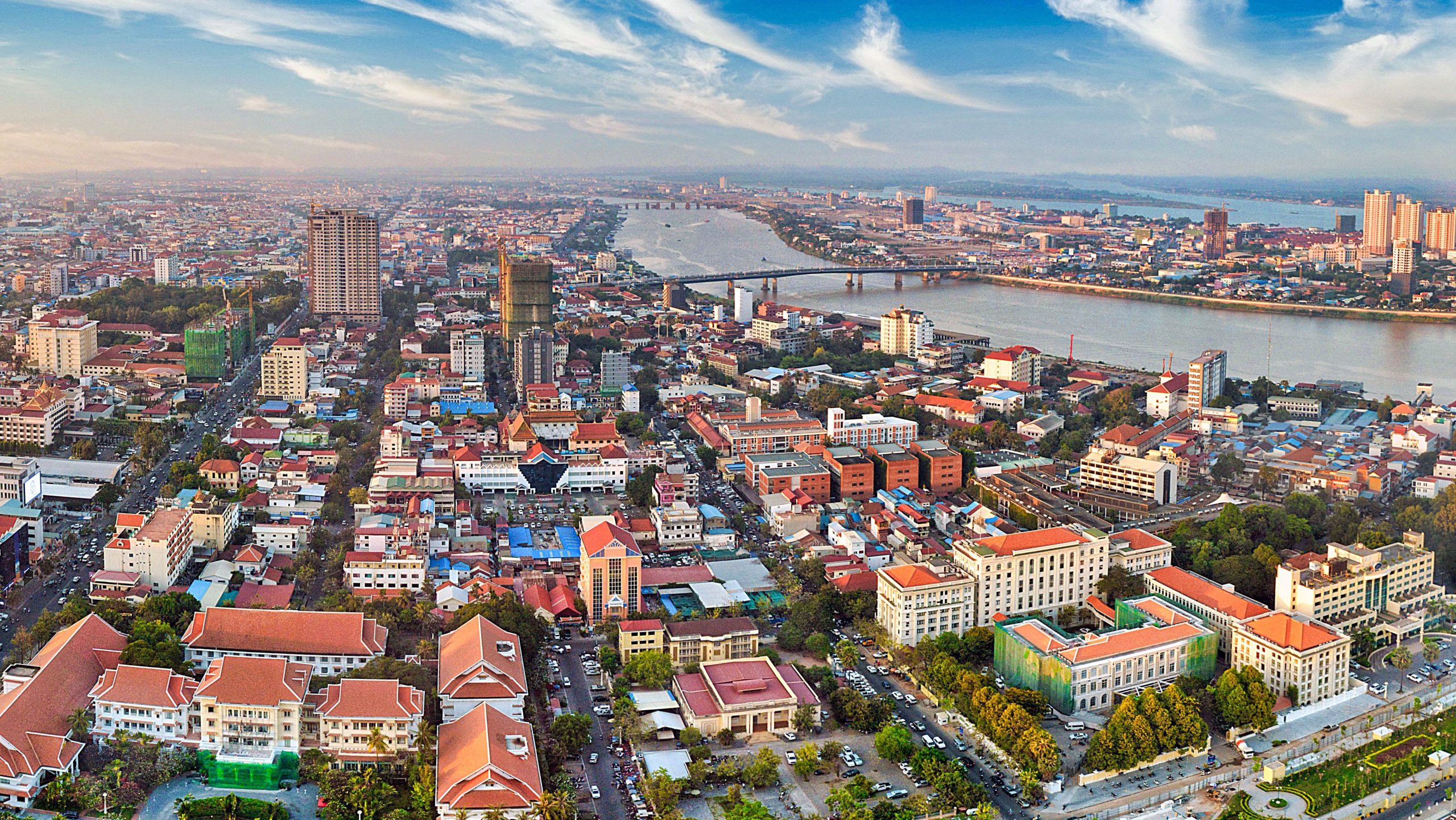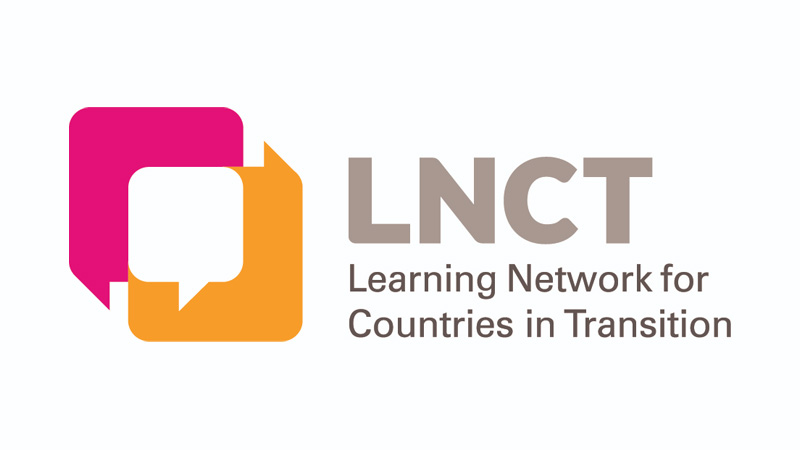In this article, experts in vaccine hesitancy provide three key lessons in risk communication that are needed to successfully maintain public support for policies designed to quickly and substantially cut carbon emissions.
Read moreRelated content

To identify knowledge gaps, beliefs and attitudes in relation to the COVID-19 pandemic and COVID-19 vaccine acceptance among adults in the Asia-Pacific region, the Vaccine Confidence Project conducted two waves of quantitative research in 2021 and 2022.

The Vaccine Confidence Project™ is a WHO Centre of Excellence on addressing Vaccine Hesitancy, and is engaged in many strands of research pertaining to vaccine hesitancy.

LNCT is a platform dedicated to supporting countries as they transition away from Gavi support to full domestic financing of their national immunisation programs.

The IRIS Academic Research Group was founded by some of the world’s leading researchers and academic institutions and launched in June 2021 at the inaugural Global Vaccine Confidence Summit as part of the UK government’s G7 Presidency.

The UNICEF Regional Office for Europe and Central Asia (UNICEF ECARO) and the VCP worked in partnership to better understand the impact of social media on caregivers’ attitudes, beliefs, trust, immunisation intention and uptake.

The primary aims of this systematic review are to: 1) identify research…